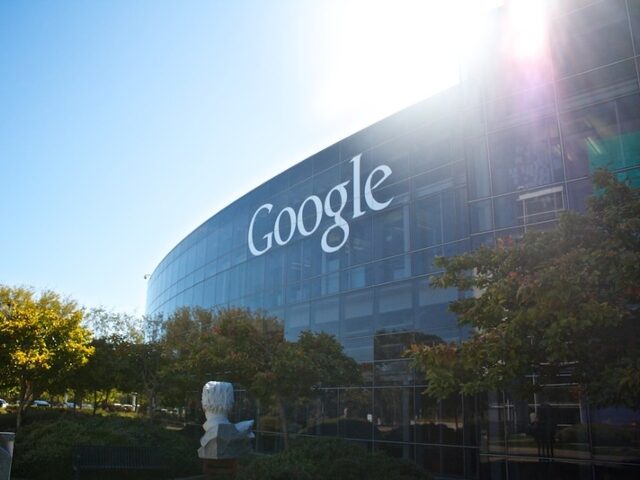Google Boss Sundar Pichai: AI Now Generates 25% of Internet Giant’s Code
 Niharb/Flickr
Niharb/Flickr
Google CEO Sundar Pichai’s has admitted that AI generates more than a quarter of the company’s new code, igniting a discussion about the growing role of artificial intelligence in software development and its potential long-term consequences.
Engadget reports that during a recent earnings call, Google CEO Sundar Pichai disclosed that AI algorithms are now responsible for generating more than 25 percent of the company’s new code. This staggering statistic highlights the rapid adoption of AI tools in software development, with Google being just one of many tech giants leveraging this technology to streamline their coding processes.
Pichai emphasized that human programmers still oversee the computer-generated code, ensuring that the final product meets the company’s standards. He further noted that AI coding tools are being used to boost productivity and efficiency, allowing engineers to “do more and move faster.” However, this revelation has raised concerns among industry experts about the potential long-term effects of relying heavily on AI for coding tasks.
According to Stack Overflow’s 2024 Developer Survey, over 75 percent of respondents are either already using or planning to use AI tools to assist with software development. Similarly, a survey conducted by GitHub indicated that 92 percent of US-based developers are currently utilizing AI coding tools. These figures demonstrate the widespread adoption of AI in the programming world, with more companies and developers turning to these tools to streamline their work.
Breitbart News previously reported that humans coders using AI tools suffer from a dramatic increase in bugs:
The study, which tracked around 800 developers over three-month periods, compared their output with and without the use of GitHub Copilot. Surprisingly, the results showed no meaningful improvements in key metrics such as pull request cycle time and throughput for those using the AI coding assistants. This finding contradicts the claims made by GitHub and other proponents of AI coding tools, who have touted massive productivity gains.
Matt Hoffman, a data analyst at Uplevel, explains that the team had initially expected developers using AI tools to write more code and introduce fewer defects, as the assistants would help review code before submission. However, the study’s findings defied these expectations. In fact, developers using Copilot were found to introduce 41 percent more bugs into their code compared to those not using the tools. Additionally, Uplevel found no evidence to suggest that AI assistants were helping to prevent developer burnout.
As AI continues to take on a growing share of coding tasks, there are concerns that human experience and knowledge in software development may begin to dwindle. This could lead to a situation where humans are less equipped to detect and fix errors created by AI algorithms, which may have been created by other AI algorithms. The result could be an “ouroboros of confusion,” where generations of AI code become increasingly difficult to understand and debug.
The rise of AI-assisted coding can be traced back to 2022 when GitHub widely launched its Copilot program. Since then, numerous tech companies, including Anthropic, Meta, Google, and OpenAI, have released their own AI-coding software suites. GitHub has recently announced that Copilot can now be used with models from Anthropic and Google, in addition to OpenAI, further expanding the reach and capabilities of these tools.
Read more at Engadget here.
Lucas Nolan is a reporter for Breitbart News covering issues of free speech and online censorship.
Source link

